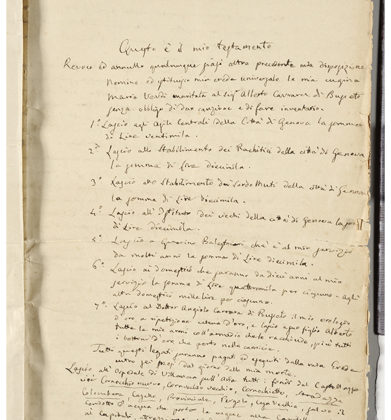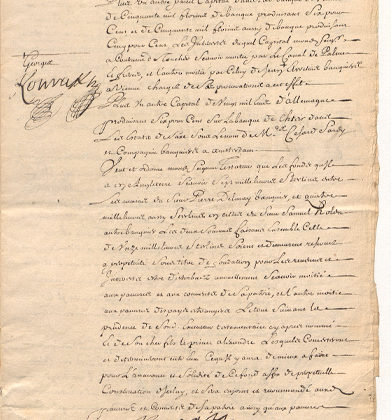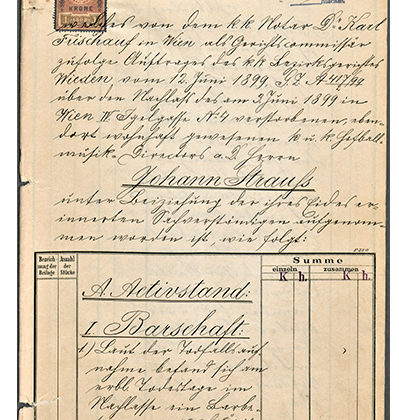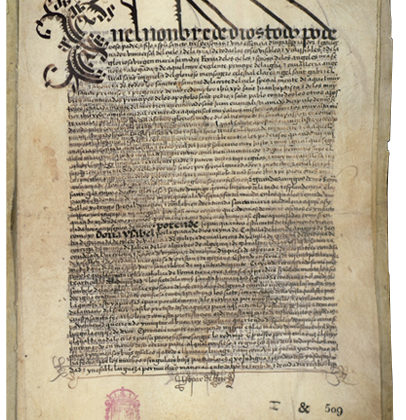Europe Enacted
What do the will of Queen Isabel la Católica, the award of the George Cross to the Maltese nation and the renunciation document signed by Archduchess Marie-Antoinette on the crowns belonging to the House of Austria have in common? The notarial act.
For centuries, notaries have been privileged witnesses to history. Their notarial acts contain real treasures that reveal a story, an event or a social fact. From wills to contracts of sale, from marriage contracts to company formations, the words, images and accounts contained in these documents never cease to expose unique moments of life.
The travelling exhibition “Europe Enacted” aims to highlight notarial acts of major historical value, preserved in the national archives. From the 13th to the 20th century, these acts reflect the richness of Europe’s heritage.
The notary’s role is a common thread that runs through the ages. On behalf of the authority that invested them, notaries impartially collect and express, in accordance with the law, the wishes of the parties. They ensure that certain facts are never forgotten and that the undertakings made are respected.
The performance of this mission follows cultural, societal and economic developments. Today, digitalisation has taken off: electronic authentic instruments, electronic signatures and registers, online services, etc. It would be interesting to know how our grandchildren and great-grandchildren will view our times in the future, with the acts left by notaries as a mirror of them.
